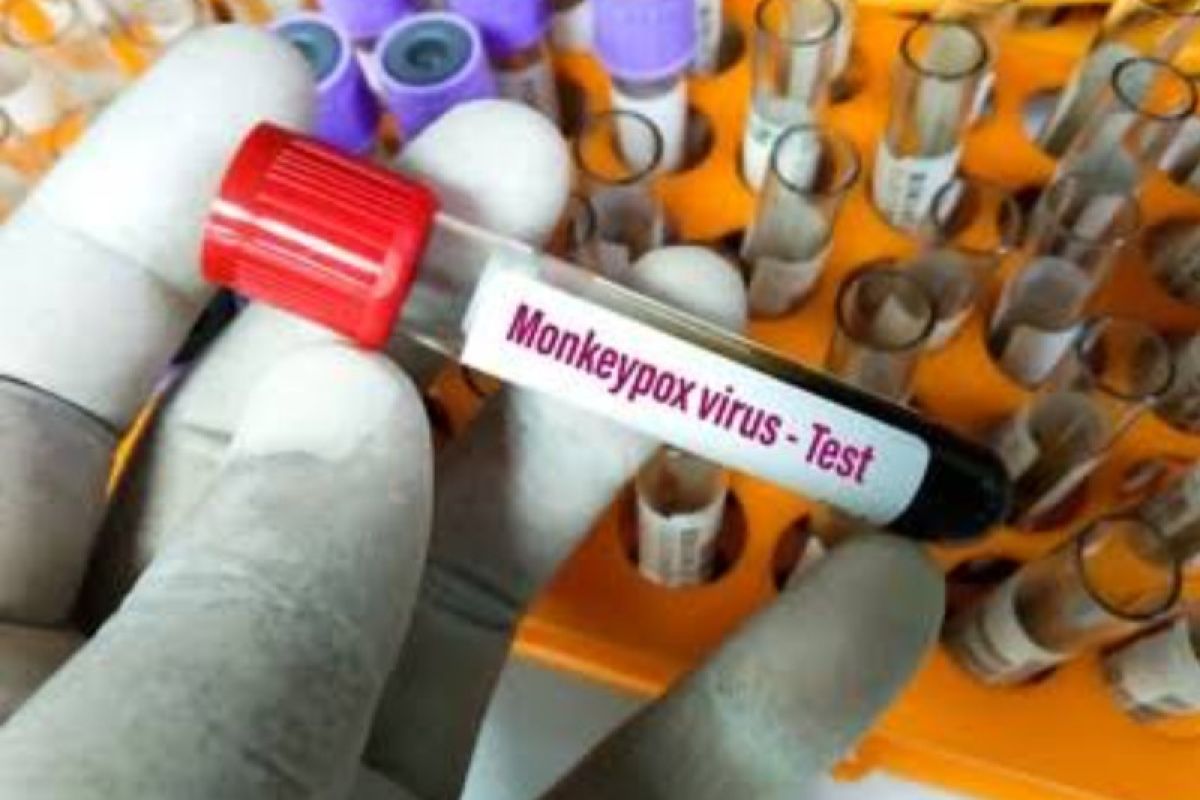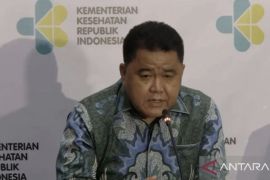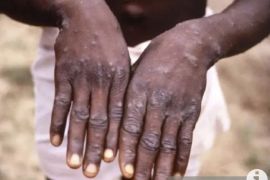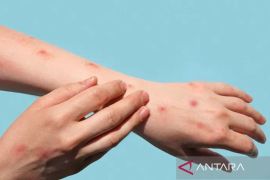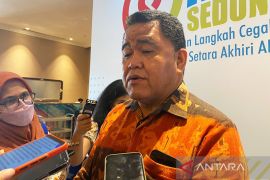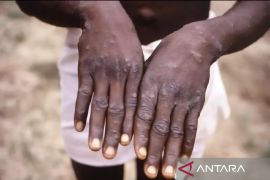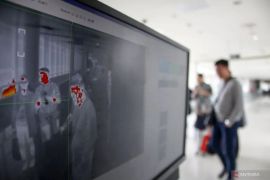Amid the global fight against COVID-19, which was first detected in China in late 2019, nearly 80 countries have lately found themselves battling another front—the outbreak of monkeypox.
On July 23, 2022, WHO director-general Tedros Adhanom Ghebreyesus declared the outbreak a public health emergency of international concern.
As of August 2, a total of 25,436 monkeypox cases have been confirmed in nearly 80 countries.
The United States, which currently has the most monkeypox cases in the world at more than 6,600, declared the outbreak a public health emergency on August 4.
The first monkeypox infection was detected in the United Kingdom in early May in an individual with a travel history to Nigeria, where the disease is endemic. Later, the virus spread to other European countries before moving to the United States, Canada, South America, Asia, Africa, and Oceania.
First identified in monkeys in 1958, the disease is characterized by mild symptoms such as fever, aches, and pus-filled skin lesions. People tend to recover from it within two to four weeks, according to the WHO.
The monkeypox virus spreads through close physical contact and is rarely fatal. The vast majority of patients in several countries, including the US, have so far been men who have sex with men.
In the Southeast Asian region, three countries have reported monkeypox cases as of July: Singapore, with eleven confirmed cases; Thailand, with two cases; and the Philippines, with one case.
Related news: Oropharynx sample of monkeypox suspect tests negative: Ministry
Related news: Airport staff should watch out for monkeypox symptomatic passengers
Indonesia has so far reported no confirmed monkeypox cases, despite the detection of several suspected cases.
According to Health Minister Budi Gunadi Sadikin, a total of nine suspected monkeypox were detected in Indonesia, but all of them tested negative for monkeypox and positive for smallpox.
As part of preventive efforts, however, the Health Ministry has activated the surveillance system at all entry points to Indonesia, particularly airports.
Under the surveillance system, port health offices are checking the body temperature and indications of monkeypox in all travelers arriving from countries with cases of transmission of the zoonotic disease, Director General of Disease Prevention and Control at the Ministry of Health, Maxi Rein Rondonuwu, said recently.
The Indonesian Medical Association (IDI) has lauded the measures, saying preventive efforts are important, especially as almost all countries have relaxed travel rules.
"For example, foreign or domestic travelers entering Indonesia with skin disorders on their hand or face similar to smallpox, chickenpox, or herpes must be reported immediately to the health post at the airport," chairman of the IDI’s COVID-19 task force, Professor Zubairi Djoerban, said on August 4.
He also urged health workers to watch out for symptoms of skin disease, such as itching or spots, which could indicate a monkeypox infection.
In addition to strengthening security checks at airports, the authorities have also prepared laboratories, health service facilities, and research to anticipate the emergence of monkeypox.
The Health Ministry said that two laboratory facilities have been prepared to conduct epidemiological investigations for monkeypox, including undertaking examinations to detect the virus that causes the zoonotic disease.
The laboratories are Primate Animal Study Center (PSSP) laboratory of the Bogor Agricultural University (IPB) in Bogor city, West Java province, and the Prof. Sri Oemijati Research Laboratory on Infectious Disease at the Health Ministry’s Center for Health Development Policy (BKPK) in Jakarta.
Spokesperson for the Health Ministry, Mohammad Syahril, informed that the government will add ten laboratories at strategic locations to support the intensive effort to track the disease.
Besides, research will also be a key pillar for preventing the spread of diseases, including monkeypox, according to head of the Health Research Organization of the National Research and Innovation Agency (BRIN), NLP Indi Dharmayanti.
"Monkeypox is still a question among the public because the information is still diverse. Therefore, research related to this disease is essential for the public to know, including the symptoms and what needs to be prepared," she explained at a Talk to Scientists (TTS) webinar on "Monkeypox, A Global Health Emergency, and What do we Need to Know?" on August 2.
The BRIN Health Research Organization is ready to identify the virus that causes it and conduct research related to monkeypox to strengthen Indonesia's readiness if the virus enters the country.
Meanwhile, the Indonesian Pediatric Association (IDAI) has said that children are more vulnerable to the monkeypox virus therefore, parents need to exercise vigilance against the disease.
IDAI chairman Piprim Basarah Yanuarso said that so far, there is no specific vaccine to prevent monkeypox. Hence, parents must teach their children to adopt clean and healthy behavior (PHBS) to prevent all kinds of infectious diseases.
Meanwhile, head of IDI’s monkeypox task force, Hanny Nilasari, urged the public to always comply with PHBS to reduce the risk of transmitting infectious diseases such as monkeypox.
In addition, people have been asked to follow the health protocols, such as wearing masks and maintaining hand hygiene.
To prevent exposure to the monkeypox virus, people must avoid direct contact with animals that can transmit the virus, such as rodents, marsupials, and primates, whether dead or alive, Nilasari said.
Meanwhile, head of the Indonesian Epidemiologists Association's (PAEI's) Professional Development Department, Masdalina Pane, earlier called upon residents to play an active role in preventing monkeypox transmission.
"Residents must have an understanding of this disease, so they can play an active role in the collective efforts to prevent the disease," Pane said.
Related news: Research key to preventing monkeypox spread: BRIN
Related news: Children more vulnerable to monkeypox: IDAI
Editor: Sri Haryati
Copyright © ANTARA 2022
